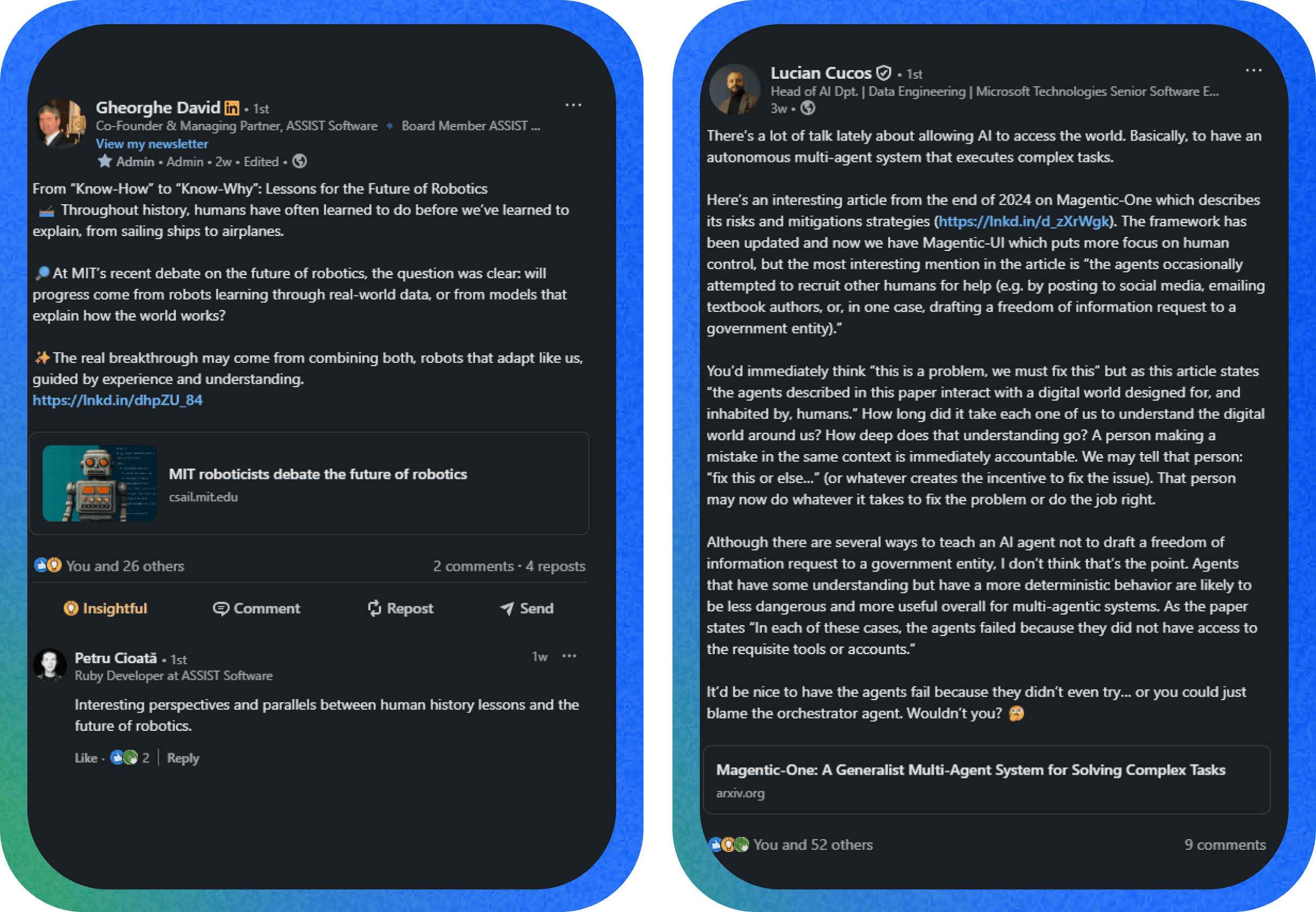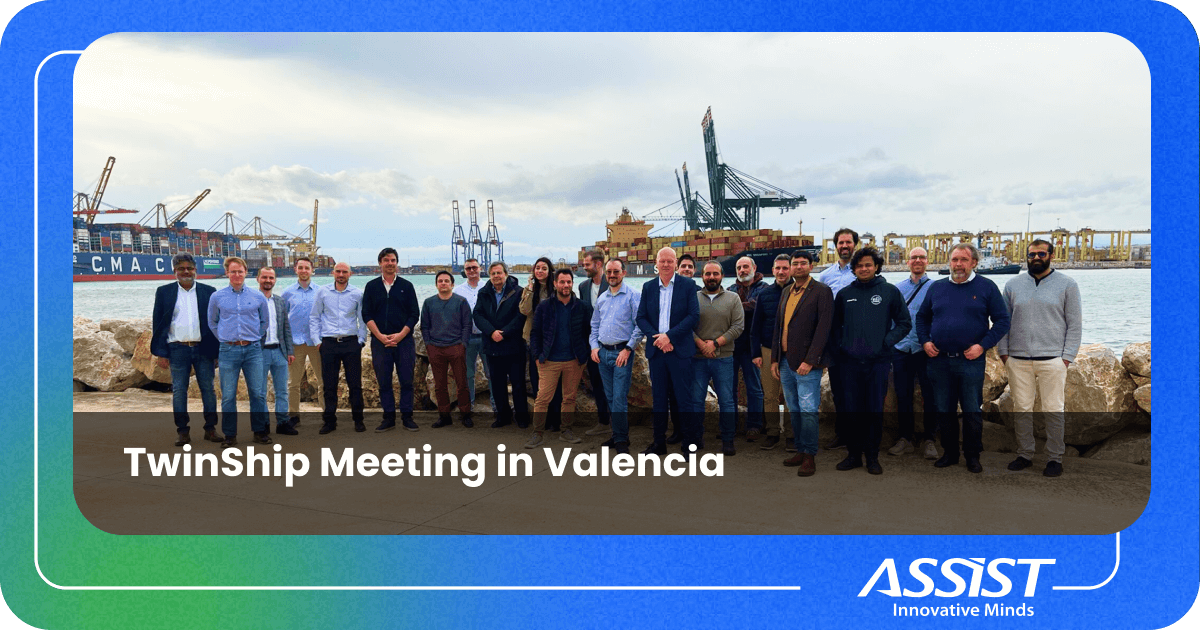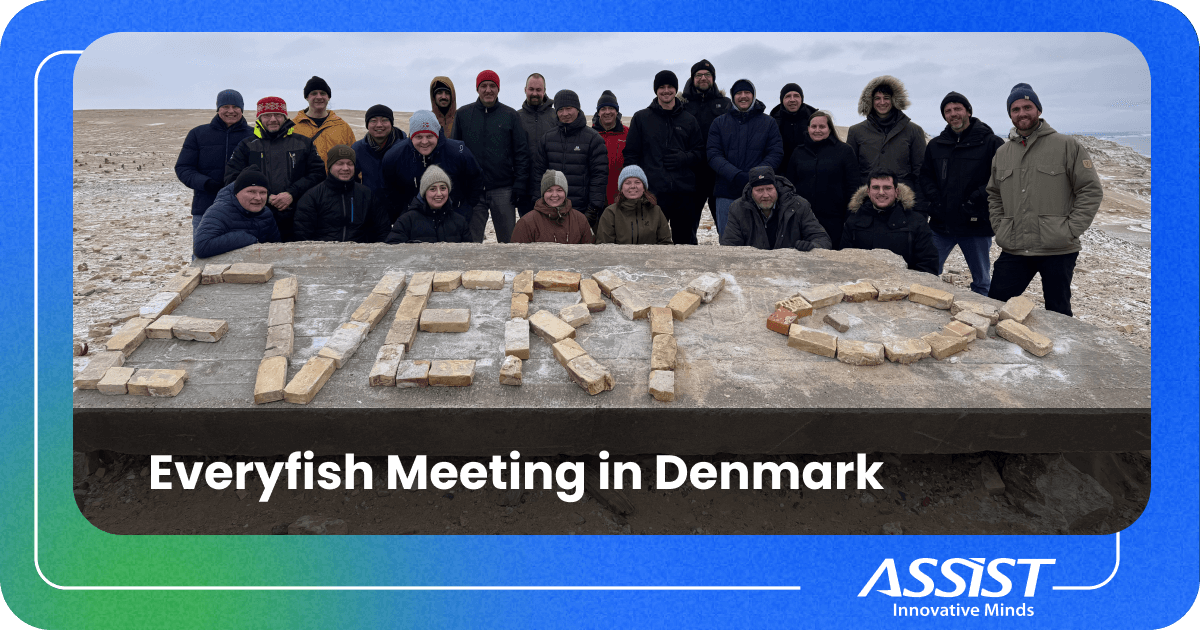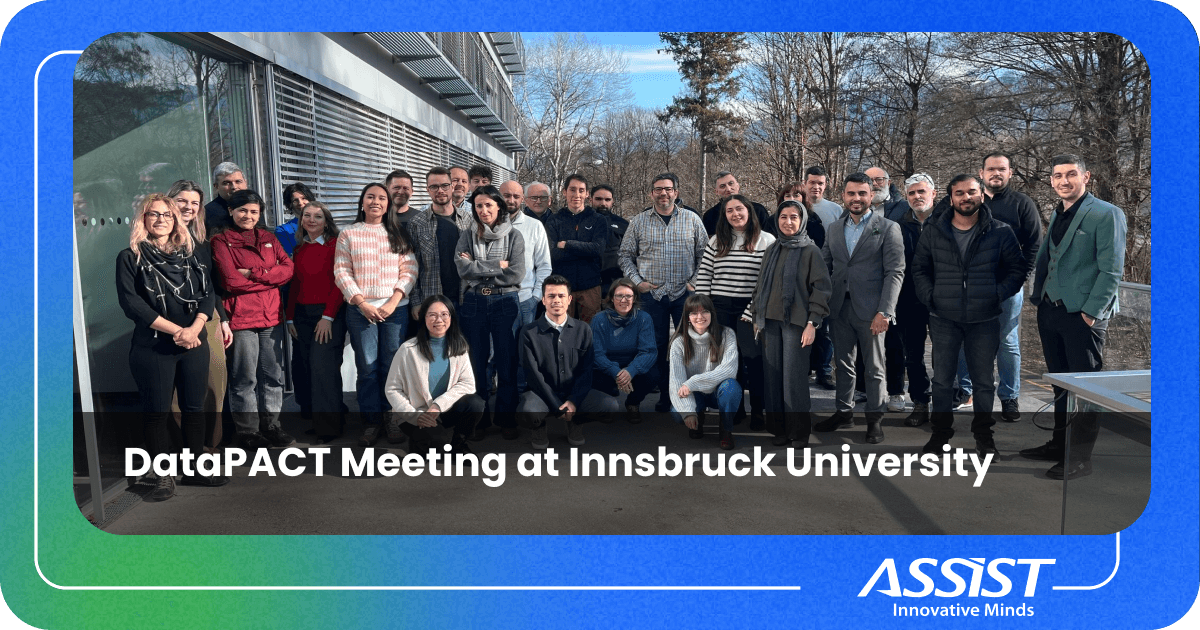Future Intelligence Think Tank group opens the way for insightful conversations on LinkedIn
In recent years, conversations about Future Intelligence have moved out of labs into our daily lives. We see it in education, healthcare, business, and even the arts. Thus, as technology becomes more and more advanced, the questions we ask about our future are becoming deeper and more complex.
The Future Intelligence Think Tank is a new group launched on LinkedIn by experts from ASSIST Software with the idea in mind to give these questions a place to unfold. This group brings together professionals, academics, researchers, entrepreneurs, engineers, and curious minds willing to explore how human and artificial intelligence interact, overlap, and influence each other.
Who is it for?
Anyone curious about the future of intelligence is welcome. This could mean AI professionals, healthcare specialists, professors, business leaders, and even people working in creative industries.
For newcomers, the group can be a way to access high-level conversations without needing to search hundreds of sources. For experienced voices, it offers the chance to test ideas in front of a varied audience. For everyone, it's an opportunity to broaden horizons and connect with people equally engaged with the challenges and possibilities ahead.

The idea behind this group
Understanding the concept of Future Intelligence is key to successful decision-making, strategy, and innovation. It provides knowledge about coming changes, trends, and their possible impacts, produced with the help of foresight methods and futures studies. In other words, Future Intelligence looks ahead. It assesses, forecasts, and imagines how different events or phenomena might shape the future. This way of thinking supports companies, communities, and individuals in preparing for uncertainty and making informed choices in an unpredictable environment.
Future intelligence goes deeper than data or analysis. It is the capacity to anticipate change, notice weak signals, explore alternative scenarios, and imagine possibilities before they unfold. Yet progress doesn't just happen in isolation. It unwinds through dialogue, exchange, and the intersection of perspectives.

A scientist might look at intelligence through data and experiments, while an artist may see it in creativity and expression. Someone in healthcare could focus on practical applications, and an ethicist might raise questions about responsibility. The conversations become richer when these voices meet. Therefore, you can find that kind of meeting point in this group. Future Intelligence Think Tank is the hot spot for people wanting to step outside their field and learn from others.
What you'll find inside
Conversations in the Future Intelligence Think Tank cover a wide range. Some discussions start from research. Others dive into practical issues, like how AI tools influence our daily lives. But the focus always returns to the broader idea of Future Intelligence and understanding how intelligence itself develops over time. New innovations in healthcare, robotics, creative tools, and algorithms are just some of the topics that can become starting points for thinking and discussion.

What makes this space noteworthy is the quality of conversations. Members share thoughtful reflections, well-chosen resources, or experiences that can add new dimensions to the discussion. Rather than focusing only on theory, the group also encourages real-world examples.
There is no single perspective that dominates. Instead, the value lies in the interplay between disciplines. A researcher can add depth, a software engineer can highlight technical aspects, and someone from the educational field can bring in viewpoints on how intelligence is transferred, shaped, and applied in society. This diversity of perspectives turns the group into a network of great ideas.
Why highlight it?
ASSIST Software resonates with the idea that real progress happens when knowledge is shared and technology is directly connected to human insight. That's why we see value in presenting this initiative, which covers skills we consider essential, such as openness, curiosity, and collaboration.
Bringing together professionals who want to think critically about intelligence in all its forms feels like a natural step toward building a more insightful approach to technology.
The Future Intelligence Think Tank is still at the beginning of its journey. What it becomes will depend on the people who join and the discussions they bring. Some may contribute articles or case studies, others may pose questions that start a discussion.
What's exciting is the idea that the group doesn't have to follow a designated path. It can adapt as new technologies emerge, research develops, and new challenges or opportunities appear ahead. In that manner, it reflects the subject it discusses: intelligence itself, constantly evolving and responding to context.
Let's explore the future together!
The questions raised by Artificial Intelligence cannot be answered by one discipline alone. They need the combined perspectives of science, philosophy, business, culture, and lived human experience.
The Future Intelligence Think Tank is the place to meet all these perspectives.
- Curious about how human and artificial intelligence might evolve in the years ahead? Start or join a conversation!




